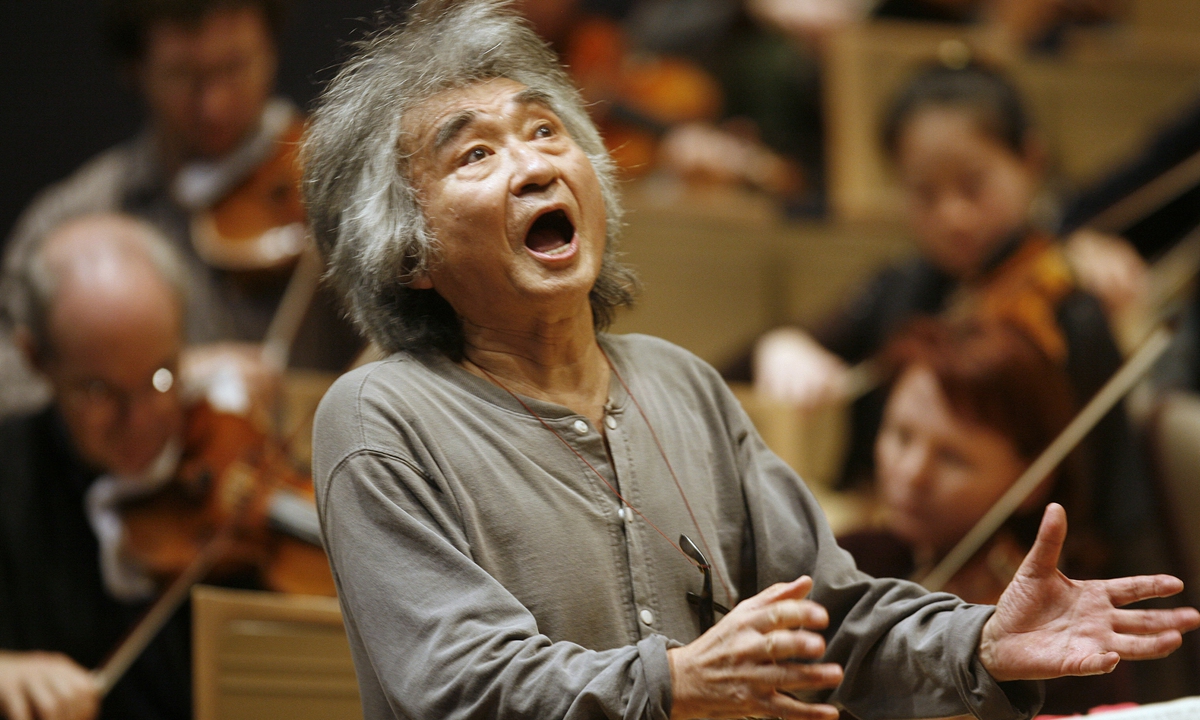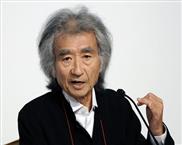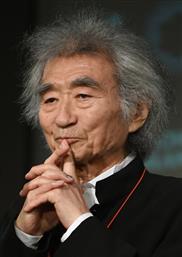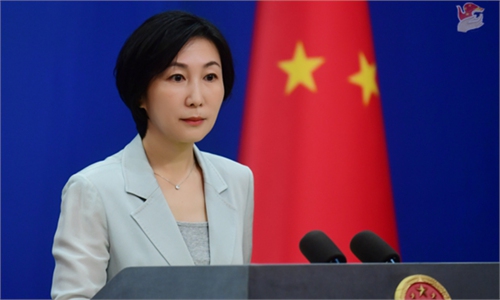ARTS / CULTURE & LEISURE
Maestros dedicated to cultural exchanges between China, Japan

Seiji Ozawa Photo: VCG
World-renowned Japanese conductor Seiji Ozawa died on February 6 at the age of 88 due to heart failure. To the Chinese people, this musician was not only a great conductor but also a friendly figure that linked the two countries.Born in 1935 in Shenyang, capital of Northeast China's Liaoning Province, Ozawa lived in China with his Japanese parents during his childhood. His affection for China never faded even after returning to Japan. Following his mother's death, he complied with her last wish to divide her ashes, placing half in Japan and half in Beijing.
Throughout his life, Ozawa dedicated himself to promoting exchanges between Japan and China, providing education and support to many high-level musicians, including young Chinese musicians, through the Seiji Ozawa Music Academy. He had performed in China many times. Sometimes, he specifically requested to reduce admission fees for concerts to allow more people to enjoy them. Liu Shikun, a renowned Chinese pianist, once said, "Ozawa's heart has always been connected to China. He often helped Chinese musicians. Our friendship continues to this day, without interruption."
Speaking at a press conference on February 19, Foreign Ministry Spokesperson Mao Ning highly praised Ozawa's contributions to the arts and Sino-Japanese exchanges when responding to journalists' questions.
"As a world-renowned maestro celebrated globally, Mr. Seiji Ozawa has deep connections with China and is well-known among the Chinese people. He was born in China and spent his childhood years there. He was enthusiastic about cultural exchanges between China and Japan, having performed in China many times, and made positive contributions to the friendly relations between Japan and China through his actions," Mao said.
"As an enthusiast of China-Japan people-to-people and cultural exchanges, he visited China and performed in the country quite a few times, actively contributing to China-Japan friendship with concrete actions," Mao noted.
Over the past year, several notable figures from Japan passed away, which has not only been a loss for Japanese culture and the arts community but also for the field of friendly China-Japan exchanges.
In March 2023, Japanese author and Nobel Prize laureate Kenzaburo Oe died at the age of 88. He was the author of several works including The Catch, A Personal Matter and The Silent Cry, and won the 1994 Nobel Prize in Literature. The peace-loving author had also made unremitting efforts in promoting cultural exchanges and friendship between Japan and China.
In April 2023, the renowned Japanese composer and musician Ryuichi Sakamoto died at the age of 71. Sakamoto was passionate about the cultural and people-to-people exchanges between China and Japan. He composed many excellent music works containing Chinese elements and made contributions to the friendly exchanges between the two countries through concrete action.
In October 2023, Japanese singer-songwriter Shinji Tanimura, who was known for hit songs including "Subaru," or "Star," died at the age of 74. Through his music, Tanimura keenly promoted friendly relations between Japan and China, holding several concerts in China and serving as a professor at the Shanghai Conservatory of Music.
Many of the elder generation of Japanese maestros have deep feelings for China, largely due to their direct or indirect experiences with war. Over the past few decades, these prominent figures from China and Japan have made outstanding contributions to the friendship between the two countries. Where are their successors and how can bilateral relations be improved? These are questions left for us to work on together. Amity between the people of both nations holds the key to sound state-to-state relations. Continuous efforts and commitments are required to make progress.



